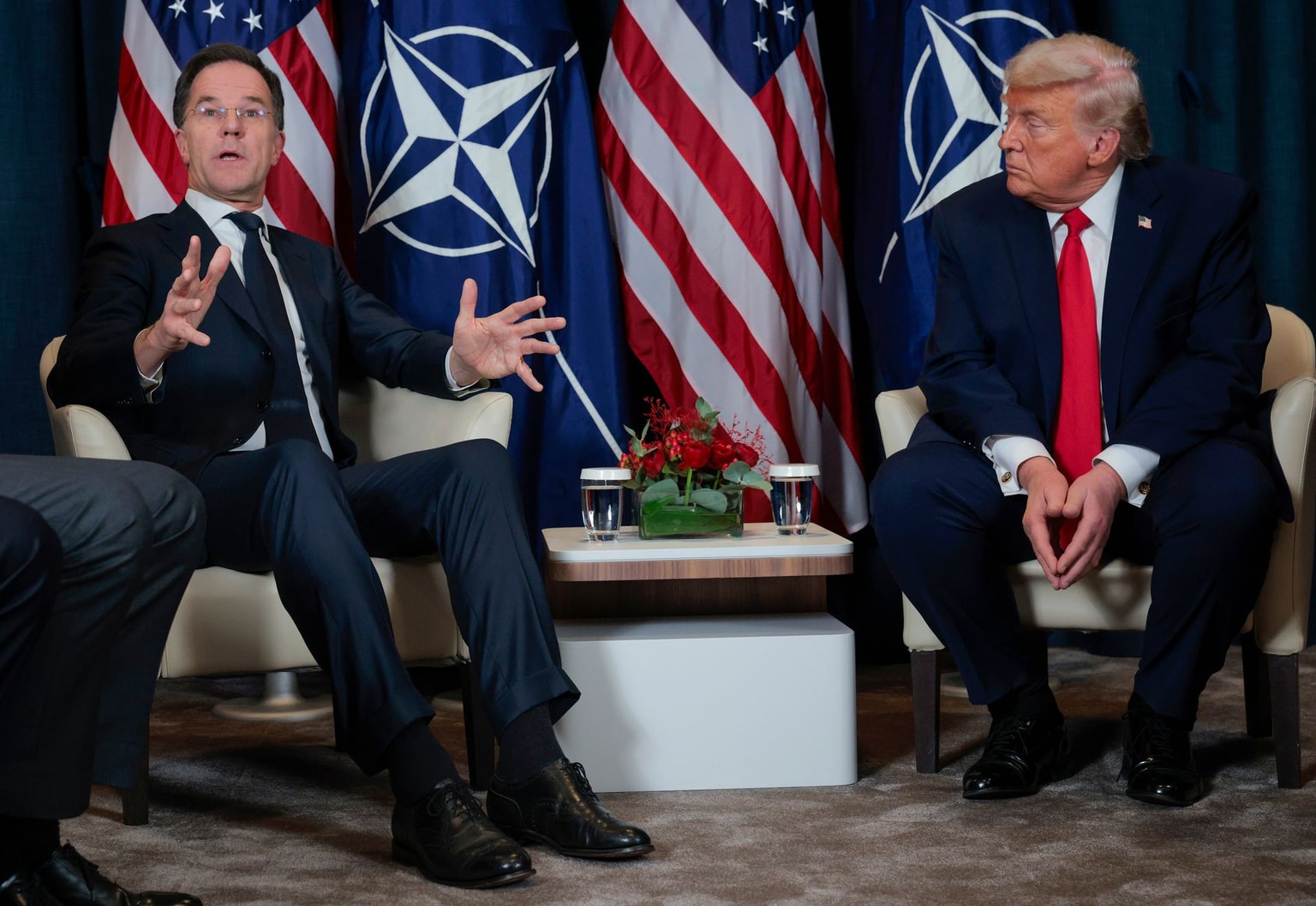ISW: Russian forces not making significant progress anywhere along front lines
Editor's Note: The following is an extract from the assessment published on Oct. 28 by the Institute for the Study of War, a non-profit U.S. research organization. Click here to read the full report.
Russian forces are not making significant progress around Bakhmut, Donetsk Oblast or anywhere else along the front lines. A Russian information operation is advancing the narrative that Russian forces are making significant progress in Bakhmut, likely to improve morale among Russian forces and possibly to improve the personal standing of Wagner Group financier Yevgeny Prigozhin, whose forces are largely responsible for the minimal gains in the area. Russian forces have made limited advances towards the Ukrainian strongpoint in Bakhmut but at a very slow speed and at great cost. Prigozhin acknowledged the slow pace of Wagner Group ground operations around Bakhmut on Oct. 23 and stated that Wagner forces advance only 100-200m per day, which he absurdly claimed was a normal rate for modern advances.
Ukrainian forces recaptured a concrete factory on the eastern outskirts of Bakhmut around Oct. 24. Ukrainian military officials stated on Oct16 that Russian forces had falsely claimed to have captured several towns near Bakhmut within the past several days, but Ukrainian forces held their lines against those Russian attacks. Russian forces are likely falsifying claims of advances in the Bakhmut area to portray themselves as making gains in at least one sector amid continuing losses in northeast and southern Ukraine. Even the claimed rate of advance would be failure for a main effort in mechanized war--and the claims are, in fact, exaggerated.
Putin may be attempting to reestablish Defense Minister Sergei Shoigu’s authority in the Russian information space to balance the growing influence of the Russian pro-war siloviki faction. The Russian siloviki faction refers to people with meaningful power bases within Putin’s inner circle who are fielding combat forces in Ukraine. Putin could have announced the end of mobilization himself instead of in a meeting with Shoigu or could have tasked Shoigu with concluding the flawed mobilization effort on his own. Their staged public meeting is consistent with the recent surge in Shoigu’s media appearances. For example, Shoigu held several publicized calls with his Turkish, Chinese, and Western counterparts between Oct. 23 and 26. These high-profile meetings differentiate Shoigu and the Russian higher military command from the siloviki, who do not hold the same rank or authority despite their popularity in the Russian information space. Shoigu had made very limited public appearances over the spring and summer. Shoigu’s presence in the information space depends on the approval of the Kremlin, since Putin can control when and whether Shoigu speaks publicly. Shoigu’s siloviki rivals control their own Telegram channels and speak freely to the media.
The growing influence of the siloviki faction – led by Wagner Group financier Yevgeniy Prigozhin – is further fracturing the Russian pro-war community. Chechen leader Ramzan Kadyrov for the second time criticized the commander of the Central Military District (CMD), Colonel General Alexander Lapin, for his management of the Svatove-Kreminna line on Oct. 27. Kadyrov contrasted his harsh criticisms of Lapin with high praise for Prigozhin and Wagner units, even calling Prigozhin a ”born warrior.” Kadyrov has resumed his criticisms of the progress of the Russian invasion and Russian higher military command since October 25, likely in response to a Ukrainian strike on Chechen units in northeastern Kherson Oblast. Kadyrov has since announced that the Ukrainian strike killed 23 Chechen fighters and wounded 58 troops.









